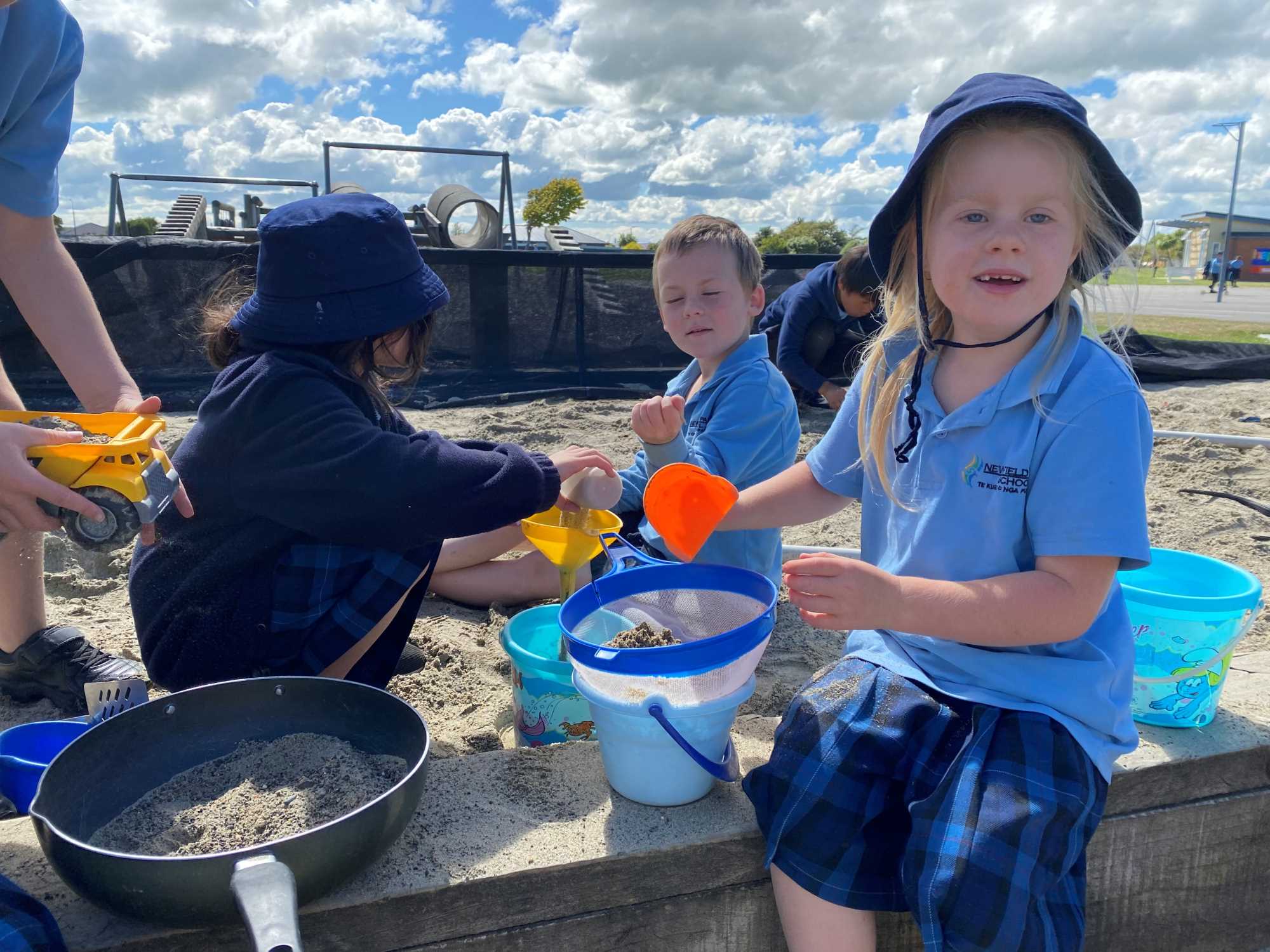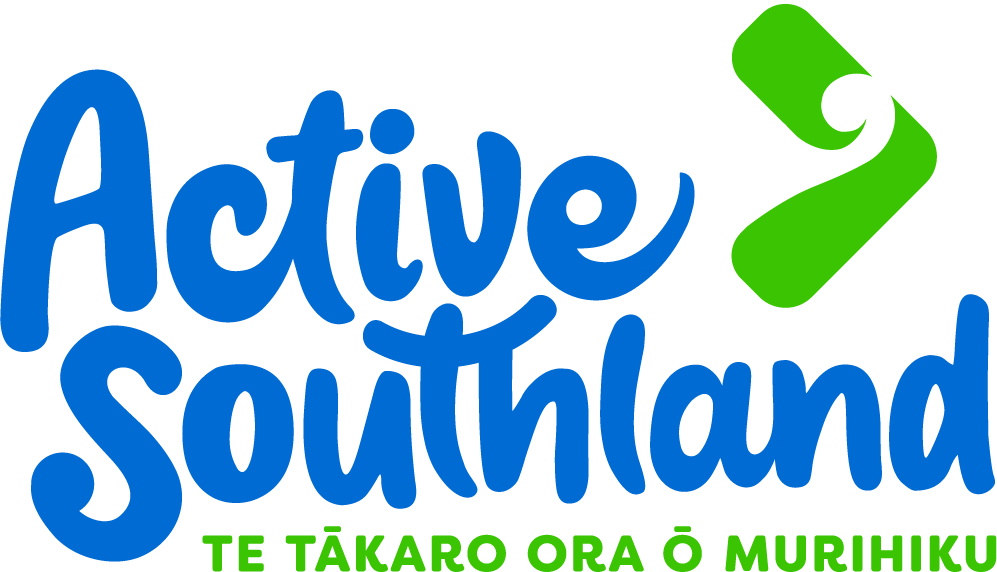

Children benefit from new approach in the playground at Newfield Park School

Playtimes at Newfield Park School are a fun-filled occasion.
There are bikes, there are scooters, there’s a sandpit filled with all manner of imagination-spurring goodies, often there’s music. There’s laughter, there are smiles.
Noticeably absent are arguments, tears, or children wandering aimlessly, seeking adult help.
Sure, it is a normal playground, so there are still the odd scratch and scrape, the occasional tearful recollection of a minor afront.
But, principal Sonya Carey says, these are few and far between.
And the reason? A new student-led approach to playtime.

The school has been looking at its playground behaviour for several years, but it wasn’t until the students returned from the Covid-19 lockdown last year, that the school really put a student-led approach into practice.
The school had tried a range of initiatives to help students navigate the “tricky” playground times, and while those initiatives had all had short term success, they didn’t deliver lasting impact.
“It wasn’t having the impact we wanted.”
Then the Covid-19 lockdown hit and the approach started to shift.
The students came back from lockdown “in really good nick” – they had spent weeks at home with their families, doing all sorts of different activities that interested them and their wellbeing had flourished. Families were reporting what they were doing, and staff started to think about what they could learn from that experience, Carey said.
Combined with this was data supplied from a survey provided by Sport Southland’s Made to Move team which showed the value of using student voice.
“We went ‘right, we need to talk to the kids.”
Deputy Principal Fallon Graham, who, along with acting deputy principal Megan Horton, has been a key driver behind the changes, said the key wasn’t asking the children the same old questions.
“We didn’t ask them what activities they wanted to do. If you ask the same questions, you get the same answers. So, we asked them in what ways do you like to move.”
The feedback was mixed – there was lots of biking, things using wheels, jumping, climbing, walking, and animals and pets.
“We asked ourselves how we could use that information…for activities that could involve those things,” Carey said.
As a result, playtime (morning tea and lunch) has been revamped at the school. A new giant climbing frame has been purchased, driven by the feedback from the children, and restrictions lifted on biking and scootering in school grounds. Other equipment has been provided by the school community, all of whom have gotten wholeheartedly behind the new approach.
The children are now free to go anywhere within the playground (bar a small number of out of bounds zones) and engage in free play using equipment in any way they choose. If you visit the school at any playtime, you will see dozens of children riding bikes, many engaging in imaginative play in the sandpit, or even children using wheelie bins that hold equipment, for towing others around.
And the change has had a noticeable impact on behaviour, Carey said. The school’s vision for happy, caring, successful children is playing out.
“They (the children) are happy and having fun.”
Visits to the sick bay for medical intervention have dropped (there’s too much important play happening to be bothered by a minor scrape), playground arguments have decreased, and the need for adult support to resolve issues has dropped, Carey said.
Resiliency, problem solving, compassion, and kindness have flourished.
“We have quantitative and qualitative data to show that this is working for our kids.”
The impact on teaching staff has also been noticeable – students are more engaged, and teachers are now saying that playground duty is a pleasant experience.
“It has really changed things for the kids and for the adults as well.”
Implementing the changes had been simple, but hugely worthwhile.
“You just have to ask the children what they want. The hardest part is asking the right question.”
“If the things that we do make a difference for the people we are working with (children and staff) that’s really fulfilling.”
Made to Move School Facilitator Ricky Bakker said it was great to see schools thinking differently about how to get their students active and engaged.
“Approaching things differently helps you get a different outcome, and in this case, Newfield Park School have achieved that brilliantly, and it is really showing in the wellbeing of the children.”
“We would encourage all schools to look at how they are thinking about physical activity, and how they can use that to engage their students more effectively.”
Article added: Thursday 11 March 2021

INVERCARGILL
Active Southland, ILT Stadium Southland, Surrey Park Road, Invercargill 9810
Active Southland, PO Box 224, Invercargill 9840
03 211 2150 | active@activesouthland.co.nz
GORE
Gore Multisports Complex 20 Wayland Street West (off Robertson St) Gore
Gore Multisports Complex P O Box 8 Gore
